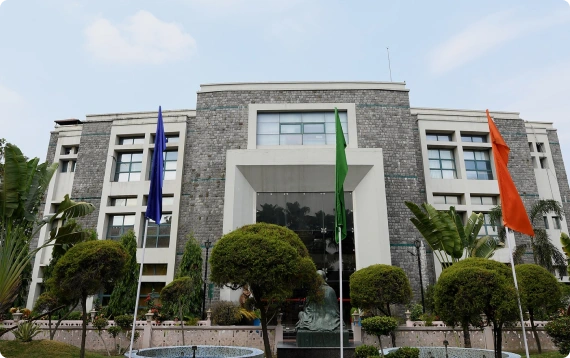Companies are placing a much larger emphasis on culture in the workplace, policies for efficient smart work is overtaking long hours and unhealthy employee health. This change places a large emphasis on the use of technology, the framework of cultural change and the link between the two. A cultural emphasis on change can be challenging to implement in the digital age without the right form of the framework in place. This is why understanding organisational structures and setting a digital framework for cultural shifts becomes essential.
Cultural Reference
A huge part of the culture is based on predictive reasoning, the market is full of culture references. Companies like Venmo are a key example of understanding cultural references and implementing change through software, the company recognized the need for cashless pay shares in small purchases, something groups could access with ease without complicating the calculations of who pays how much per bill or receipt. Venmo offered a solution to one person’s credit card bearing the expense of charges while others chipped in with cash by linking a banking system to a virtual database that offered real-time cashless sharing. This framework is a prime example of organizational change in culture in general society but the same principle could be used in theory within the organizational structures within a company.
Through this theory, companies could also reframe the culture of change in more than a monetary sense. Changing the way you communicate within a society could also change, de-personalizing the communication links through official channels by creating autonomous networks can create random networks of interactions, this can help combat corruption by disempowering the agencies from having the capacity to incur personal gain by enforcing technology to act in the place of personal judgement.
The Future
The world is currently balancing a schism of policy shifts to shape the mindset of a generation, parts of this include the fight for privacy and security, the link between enforcement of policy and human error and many other agenda-based culture shifts. During this time, the growth of tech frameworks for change is altering the dynamic of the conversation. The shift from archaic technology to more efficient systems is now creating predictive algorithms that can shape how tomorrow looks to the generation of today. Schools are using visual aids through digital platforms to impart wisdom more than the past, using technology like AI, medical agencies are quickly transforming the role of the differently abled.
Similarly, AI is now entering the public space through government means. South Korea has implemented an AI-based transaction system known as T-Money to interact with public transport pay, this has created a transparent system of transactions between the transit agencies and the public. This framework shift for cultural development is creating a dynamic of rapid change in both how companies and governments operate.
What Do We Need?
For new frameworks and technologies to impact positive change, heavy investment in R&D and in the training of professionals for maintaining the development of technology is required. Similarly, dedicated networks of oversight to ensure error-free functions of the technology and systems of checks and balances both in government and inside companies are required. This means a radical change in the way organisations function requires the thought of these agencies to keep up with the technological evolution of policy implementation and change. This includes understanding the complex nature of change using technology and reserving a manner of liability to the resistance of change.
In summary, it can be said that the use of technology to reframe the culture of change is possible in various outlets of public and private life or within companies, this however, requires a shift in the organizational structure of a company and the evolution of the thought process within departments within organizations. Using technology to change culture can lead to more transparency, empower the public and create equal work environments. It also is an expensive affair that requires heavy investment in R&D and in training specialists to maintain and manage the framework created to change culture.









